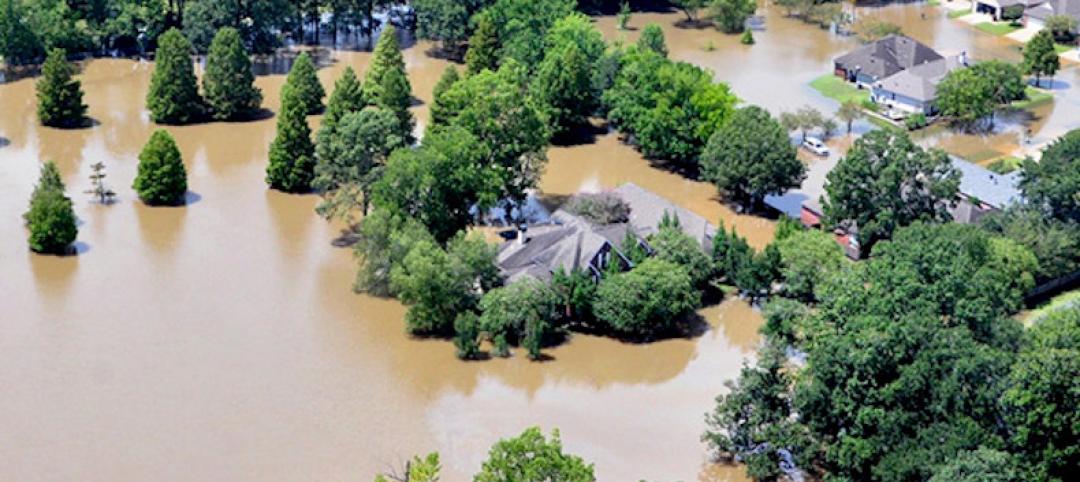Earlier this year, New York City's Department of Buildings began auditing thousands of architectural plans for new and renovated office and residential buildings. Nine of every 10 have failed to meet the energy code, a 30-year-old set of standards.
The compliance enforcement effort began under Mayor Michael Bloomberg last year, when he assigned auditors to pore over 212 randomly selected building plans. This year, auditors have examined more than 1,200 applications.
The standards are only now being enforced in earnest. In some cases, the Department of Buildings has stopped nonconforming projects. “We're very serious about this, and are trying to educate the industry on what is required,” said Gina Bocra, chief sustainability officer at the Department of Buildings, which set up a permanent audit unit this year. “Buildings are the largest source of energy consumption in our city, and how we conserve energy is key to making progress on reducing greenhouse-gas emissions.”
Some are complaining about the potential costs of compliance and potential to lengthen construction schedules. Planned additions to the building code over the next year are boosting concerns. “The energy code can be an effective way to increase efficiency if it remains flexible, but the more mandatory and prescriptive any code is, the more difficult it is to build a building that complies — particularly in New York City,” said Angela Pinsky, a senior vice president of management services and government affairs with the Real Estate Board of New York.
(http://www.businessinsurance.com/article/20140818/NEWS07/140819859?tags=|338|69|310|80|303)
Related Stories
Codes and Standards | Apr 1, 2020
Standards and codes meetings halted, postponed
ASTM International cancels in-person standards meetings; DOE’s National Energy Codes Conference postponed.
Codes and Standards | Mar 26, 2020
Ransomware attack on Canadian contractor underscores need for cybersecurity
Victimized company Bird Construction has defense, law enforcement contracts.
Codes and Standards | Mar 23, 2020
Contractors should scrutinize contracts carefully amid Covid-19 crisis
Compliance with time-sensitive notice requirements and careful documentation required.
Codes and Standards | Mar 23, 2020
Florida legislature passes bill to reduce retainage on state and local projects
House and Senate vote is nearly unanimous; law would go into effect Oct. 1.
Codes and Standards | Mar 20, 2020
Feds prod use of eminent domain to force people out of flood-prone homes
Local officials that don’t comply could lose federal money to combat climate change.
Codes and Standards | Mar 19, 2020
ASHRAE provides COVID-19 resources for operating, maintaining HVAC systems
Includes recently approved position document on Airborne Infectious Diseases.
Codes and Standards | Mar 19, 2020
CaGBC launches new version of its Zero Carbon Building Standard
Version 2 draws on lessons from more than 20 zero carbon projects.
Codes and Standards | Mar 16, 2020
Concrete industry reduces carbon footprint by 13% over five years
Result mostly due to more efficient use of Portland cement.
Resiliency | Mar 13, 2020
Feds push use of eminent domain to force people out of flood-prone homes
Local officials that don’t comply could lose federal money to combat climate change.
Codes and Standards | Mar 12, 2020
Design guide for sloped glazing and skylights updated for first time in 30 years
Helps with choosing proper glass for non-residential applications.

















